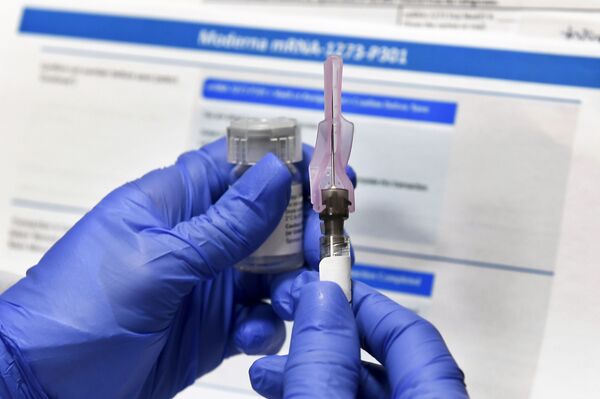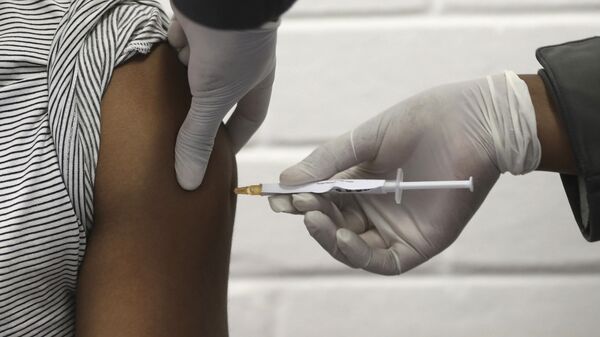AstraZeneca's coronavirus vaccine should only be offered to people who are under 65, Germany's vaccine committee stated in an update to its recommendations, citing a lack of sufficient data to recommend use in older age groups.
"There are currently insufficient data available to assess the vaccine efficacy from 65 years of age," the committee said in the resolution recently released by the German health ministry.
"The AstraZeneca vaccine, unlike the mRNA vaccines, should only be offered to people aged 18-64 years at each stage," it went on to specify.
The comments came as the EU's watchdog, the European Medicines Agency, is expected to finally decide on Friday whether to approve AstraZeneca's COVID-19 vaccine, which is based on chimpanzee adenovirus technology. On Monday, German newspaper Handelsblatt published claims — quickly dismissed by the country's health ministry — that the EMA was on the verge of rejecting AstraZeneca's licensing application across the bloc, claiming it was only eight percent effective.

Although the use of AstraZeneca's brainchild is not yet formally authorised in the EU, the European Commission has demanded the firm hand over some 75 million doses of its COVID-19 vaccine, made at its British plant, while threatening to sue the manufacturer for hundreds of millions of euros.
In an interview with Italy's La Repubblica on Tuesday, AstraZeneca CEO Pascal Soriot lamented there had been a spate of problems "scaling -up" production at the firm's vaccine culturing sites in Belgium and the Netherlands, expressing hope they would provide a "reasonable quantity" of doses to the EU by February.
On 11 December, UK-Swedish pharmaceutical company AstraZeneca accepted a cooperation offer from the developers of the Russian coronavirus inoculation Sputnik V, the first of its kind registered in the world, to study different vaccine combinations to guarantee a reliable and prolonged effect.




